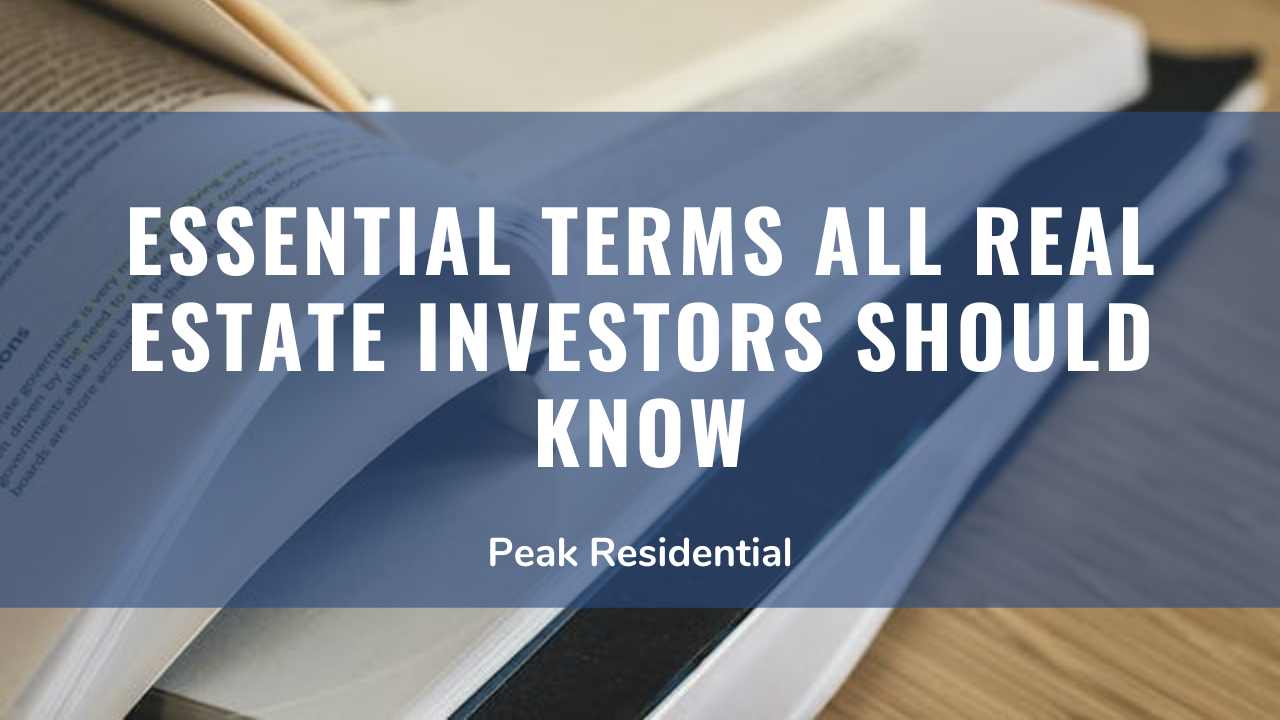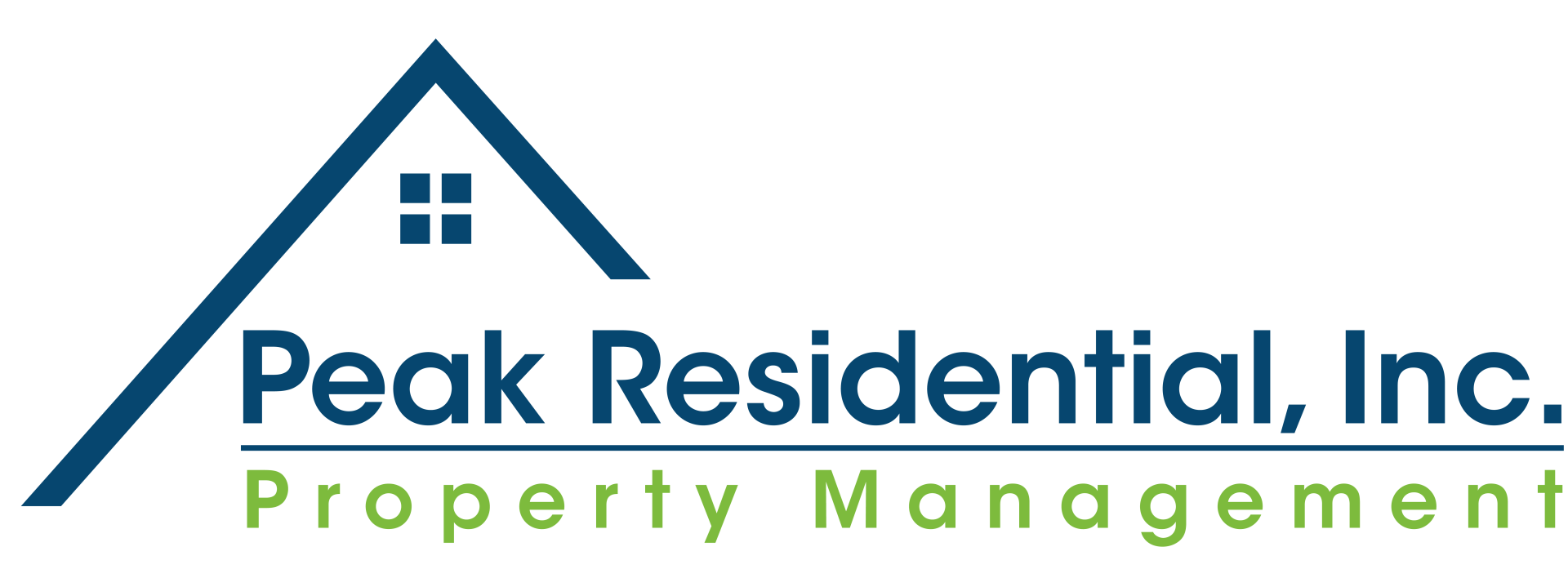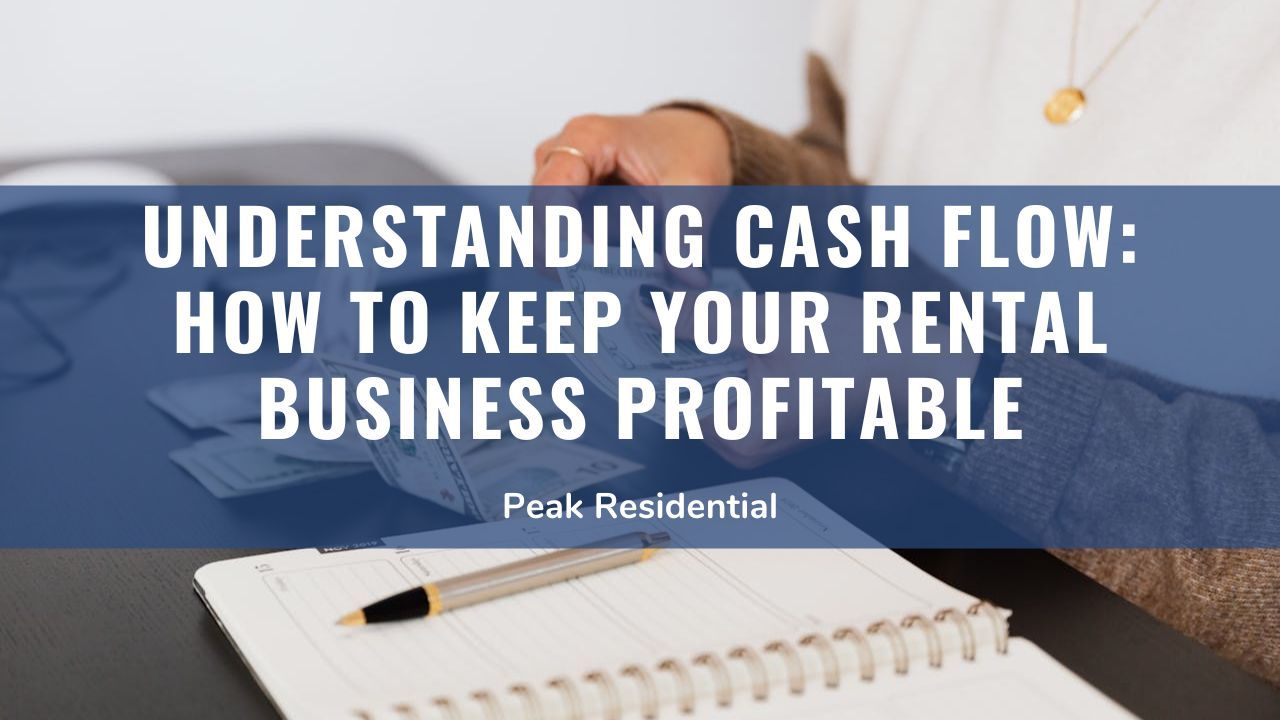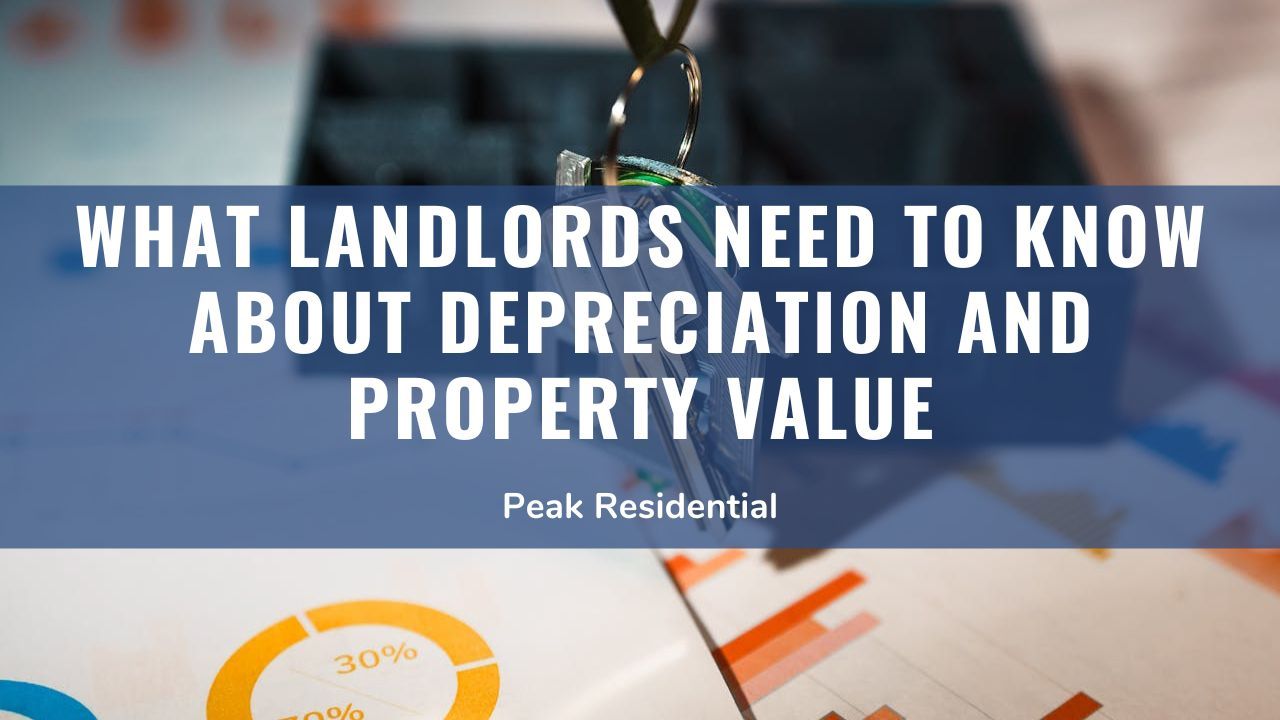
Are you a landlord looking to navigate the complexities of real estate investing with confidence? Understanding the industry is the first step towards making informed decisions and maximizing your returns.
In this guide, we'll introduce essential terms that every real estate investor should know. From 'Cap Rate'
to 'ROI'
and beyond, we'll provide you with clear, concise definitions that will empower you to communicate effectively with agents, tenants, and fellow investors.
Let's turn your investment into a thriving success!
Why Learn Real Estate Terms?
Think of real estate terms as the keys to unlocking effective communication with professionals in the industry and making informed decisions.
These terms are not just words; they are the building blocks that will help you navigate contracts, understand investment strategies, and engage in meaningful discussions with agents, brokers, and fellow
investors.
Whether you're reviewing a property listing or sitting down for a negotiation, a solid grasp of these terms will empower you to act confidently and efficiently.
Key Real Estate Terms Explained
Let's break down some of the most common and essential real estate terms that every aspiring investor should have in their toolkit:
- 1% Rule: This rule is a quick way to gauge if a rental property's monthly rent will cover its purchase price. Simply put, the monthly rent should be at least 1% of the purchase price for the investment to make financial sense.

- 1031 Exchange: This provision, which takes its name from US Internal Revenue Code Section 1031, enables investors to postpone paying capital gains taxes by trading one investment property for another of a comparable kind.
- Absorption Rate: This metric rate helps you understand the demand in a real estate market by showing how quickly properties are selling. A high absorption rate indicates a seller's market, while a low rate points to a buyer's market.
- Accessory Dwelling Unit (ADU): These are additional living spaces on the same property as a main residence, such as granny flats or guest houses. ADUs can offer extra income or accommodate extended family.
- Accredited Investor: This term refers to individuals or entities that meet certain financial criteria, allowing them to invest in securities not registered with financial authorities. It's a status that opens doors to exclusive investment opportunities.
- Amortization: This term refers to the process of spreading out a loan into a series of fixed payments over time. Each payment includes both principal and interest, with early payments going more towards interest and later payments more towards principal.
- Closing Costs: These are extra costs and fees paid at the closing of a real estate deal on top of the purchase price of the property. They may comprise appraisal costs, taxes, credit report fees, surveys, deed recording fees, title searches, title insurance, and origination fees for loans.

- Cap Rate (Capitalization Rate): The cap rate helps investors evaluate the potential return on an investment property. It's calculated by dividing the net operating income by the property's purchase price or current market value.
- Cash Flow: This is the net amount of money you pocket each month after all expenses, including mortgage payments, have been paid. Positive cash flow means you're earning more than you're spending on the property.
- Depreciation: For real estate, depreciation is a tax deduction that reflects the costs of wear and tear on a property over time. Residential rental properties are typically depreciated over 27.5 years, providing a yearly deduction that can offset taxable income.
- Equity: In real estate, equity is the difference between the property's current market value and the amount owed on the mortgage. As you pay down the mortgage, your equity increases.
- Leverage: Using borrowed capital, such as a mortgage, to increase the potential return of an investment is known as leverage. It allows investors to purchase properties with a smaller initial investment.
- ROI (Return on Investment): By dividing the net profit by the total amount invested, this metric evaluates the effectiveness of an investment. An investment is more profitable if the ROI is higher.

- Underwriting: In real estate, underwriting involves evaluating the borrower's ability to repay a loan, the property's value, and the risks involved in the loan. This process determines the terms of the loan, including the interest rate and loan amount.
- Zoning: Zoning laws govern how land can be used in different areas within a municipality. Zoning regulations can dictate whether land can be used for residential, commercial, industrial, or agricultural purposes and can impact property values and potential uses.
- Vacancy Rate: This percentage shows the amount of time a property remains unrented over a specific period. A low vacancy rate suggests strong demand and efficient property management.
By familiarizing yourself with these terms, you'll be better equipped to make savvy investment choices, communicate effectively with industry professionals, and maximize your real estate ventures' potential.
Final Thoughts
As we wrap up our journey through the essential terms every real estate investor should know, remember that knowledge is power in this dynamic market. Understanding these key concepts will undoubtedly enhance your investment strategy.
However, managing properties can still be a complex endeavor. If you're looking for expert assistance to maximize your investment potential, consider partnering with
Peak Residential. With their comprehensive property management services, you can enjoy peace of mind knowing your investment is in capable hands.
Let Peak Residential help you navigate the intricacies of real estate investment, so you can focus on what truly matters -
growing your portfolio and achieving your financial goals.
















